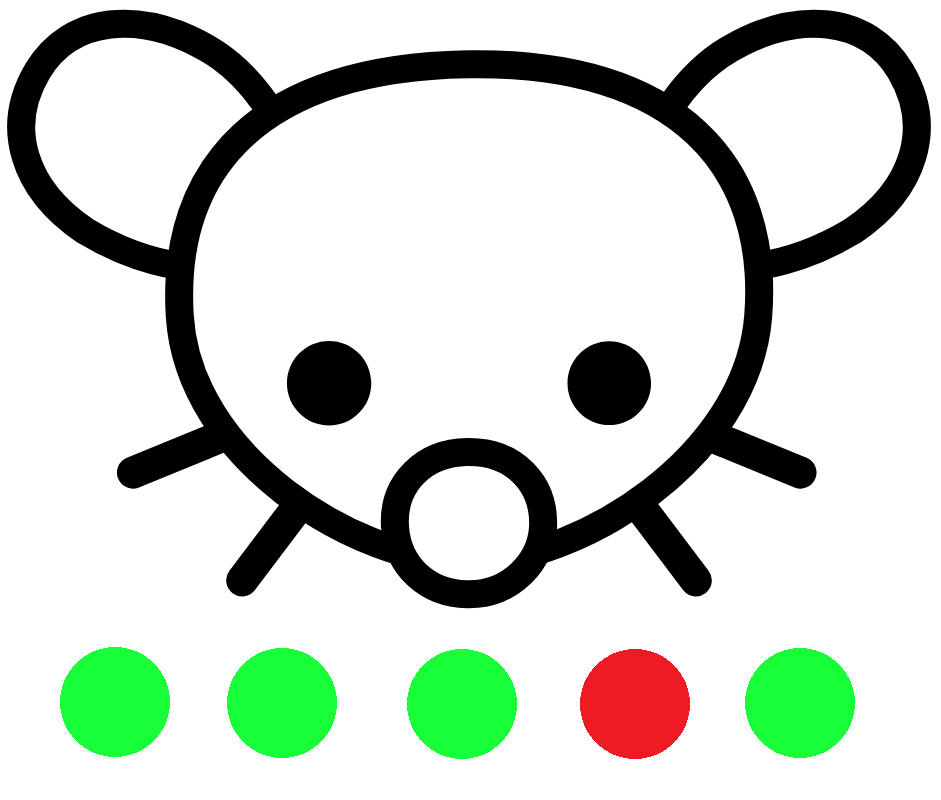Seems like the fn key is intercepted by the firmware then, that sucks. I’m repeating the same question differently just to ensure we’re on the same page:
If I understood correctly, your fn key is constantly “active”, making any key with an fn-modifier act as a different key, and that is why forexample the enter-button won’t be… well, enter? but if it enter acts as a different key, i.e. pressing enter gives a totally different keycode, can’t you rebind whatever keycode that turns into, into enter?
I did a super surface-level quick search, it seems like the older macbooks have had some firmware reverse engineering done. Might be some options there. Also, your issue may be a common case of a specific board trace needing new solder, which might not be too hard. Maybe that guy who does apple repairs/right to repair has something on this, or a community who may know. Louis Rossman something? can’t recall.
Also, you may’ve mentioned in your original post, but are there other keys that could work? doesn’t mac have that extra “option” key? i think i read that ctrl+fn key could be switched on a firmware level, if that means the ctrl key is then intercepted by the firmware I guess it won’t add much, but if all else fails, could be worth checking if it acts differently.
good luck, I don’t have any more ideas but I’m rooting for you, would be interesting to hear if you find a solution.












no what you really need is backups, isn’t it? having an external hdd that you’re backing up to is a lot better against data loss than putting that same drive into any kind of raid. (because now you truly have a copy, while in a raid it’s still a single point of failure)
I can feel your pain on the ISP part though. (Haven’t looked into this, but sounds like a zfs-job) Just saying that backups doesn’t have to be offsite, but they do need to be separate from the original data medium. Going offsite is an important early step, but getting it on separate storage is the first step.
If anything, I would argue that especially in a homelab, the risk of misconfigurations or by mistakes when tinkering can increase by using raid. If you’ve have a couple of years of experience with raid and do not see my above argument, then please share your experiences.
I am sorry for this wall of text, your comment caught my eye while thinking about something else, tl;dr: raid is not a backup